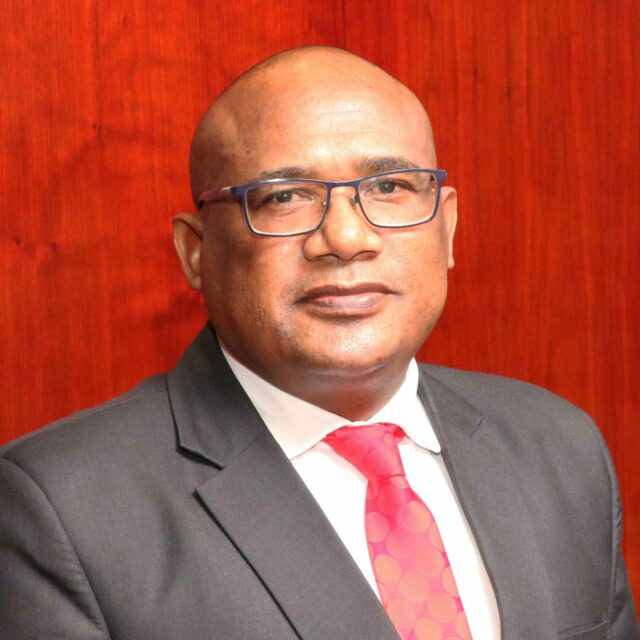Programs
- M. Tech. in Automotive Engineering -Postgraduate
- Master of Physician Associate (M.PA) – (Medicine, Surgery) 2 Year -Postgraduate

Vice-Chancellor, University of Botswana
Talk Title: Experiential Learning for Sustainable Development
Dr. David Norris assumed office as the sixth Vice‑Chancellor of the University of Botswana on December 1, 2017. Prior to his appointment, he was Deputy Vice‑Chancellor for Research and Innovation at the Botswana International University of Science and Technology (BIUST) in 2016 and earlier served at the University of Limpopo (formerly University of the North) in South Africa from 2000 to 2016. Between 1998 and 2000, he held a position at Austin Peay State University in the United States.
Dr. Norris completed his BSc in Biology and Physics at the University of Botswana in 1988, after which he worked in agricultural research and lectured part‑time at UB. He earned his MSc in Animal and Forage Science (Animal Production major; Biochemistry minor) from the University of Reading, UK in 1991, followed by a PhD in Animal Science (Animal Breeding & Genetics major; Statistics and Animal Biotechnology minors) from Michigan State University in 1998. He also holds a Graduate Certificate in Agricultural Research for Development from Wageningen ICRA, Netherlands (2008).
An accomplished scholar, Dr. Norris is renowned for his leadership in innovative teaching, curriculum design, strategic management, and research development in higher education. He has secured research funding, built strong networks for collaboration, and guided institutional change with a focus on innovation and academic development.
Experiential learning, also known as “learning by doing,” offers a transformative approach to sustainability education by actively engaging learners in real-world problem solving. Sustainable development requires robust skills in critical thinking, problem-solving, innovation and teamwork. Experiential learning has become a particularly important pedagogical shift in institutions of higher learning. The move away from traditional, teacher-centred methods towards more student-centred, interactive and engaging practices is critical for supporting sustainable development particularly in poorer nations. There is urgent need for curricular evolution that encourages innovative problem-solving in the face of global social and environmental challenges. Experiential learning not only enhances academic outcomes but also fosters civic responsibility and innovation.
This paper explores models where students co-create solutions to pressing environmental and social challenges through fieldwork, service-learning, and interdisciplinary collaboration. Grounded in reflective practice and systems thinking, experiential methods empower learners to internalize sustainability principles and develop actionable skills